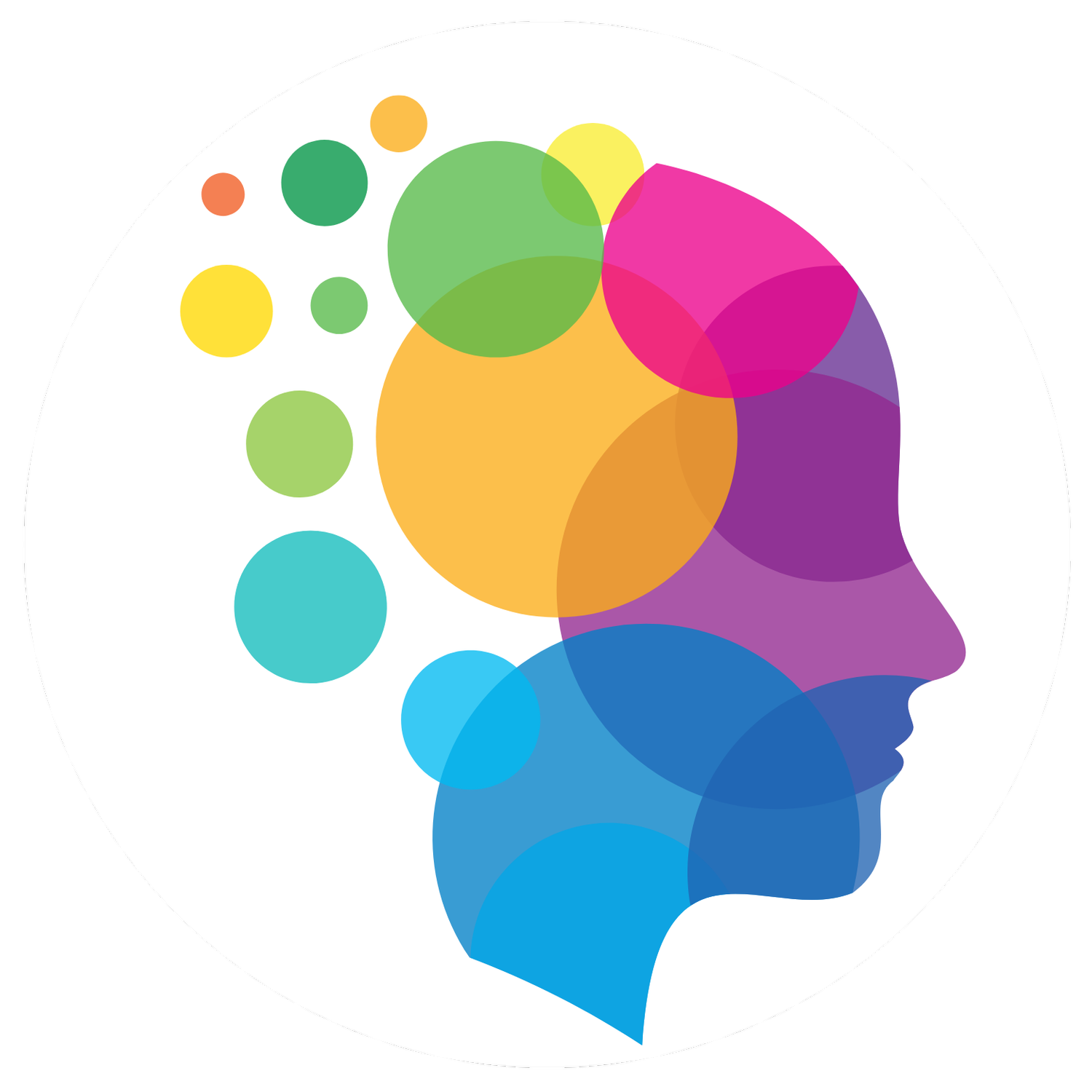Our vision
We envision a future where every person is empowered to engage fully in life, armoured with communication autonomy and the freedom to be who they are.
Our mission
To provide excellent therapy supports that help children discover and embrace their unique selves.
What we stand for
View our values in the gallery below. Download a PDF version and read more about our approach here.
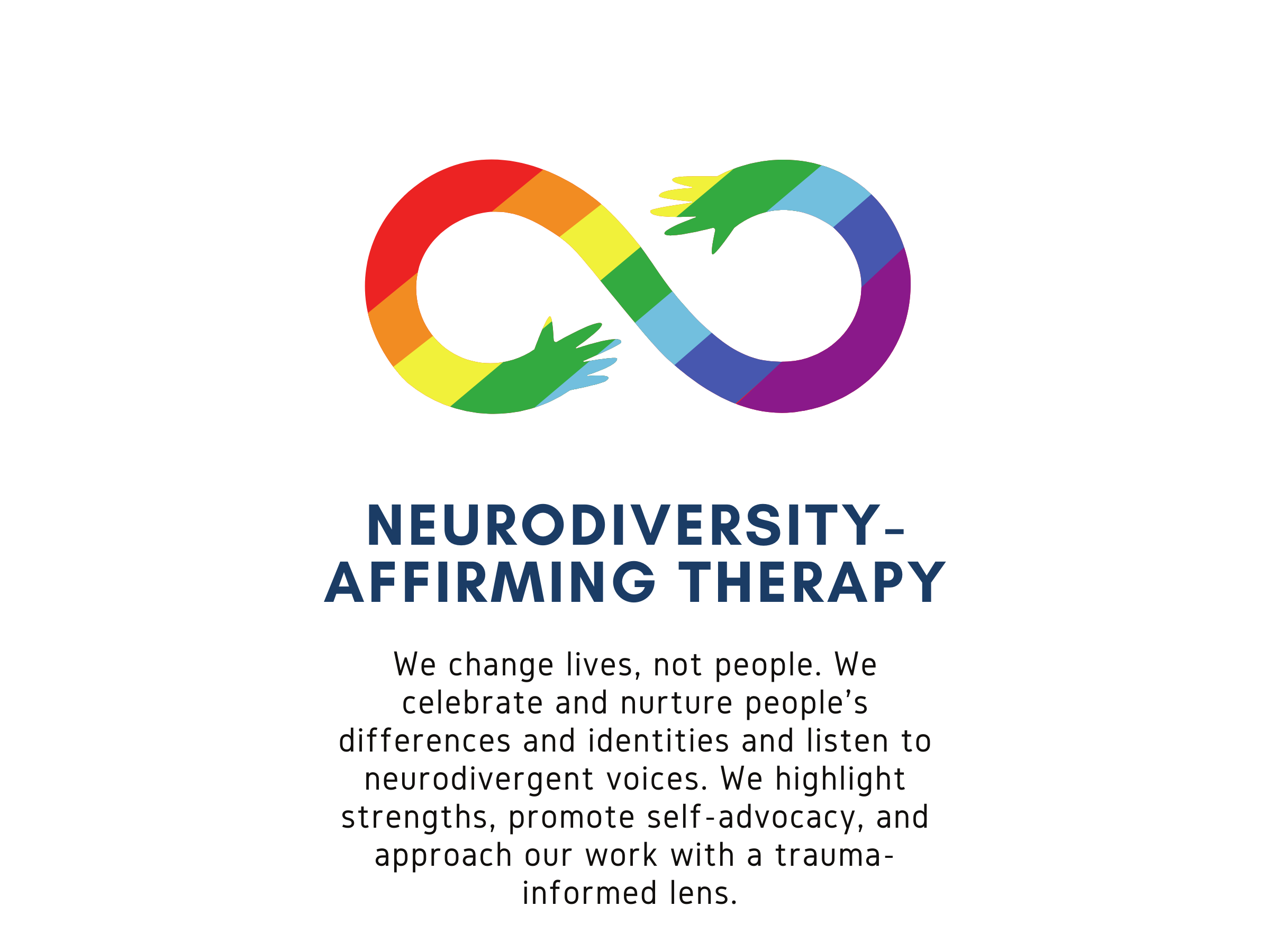
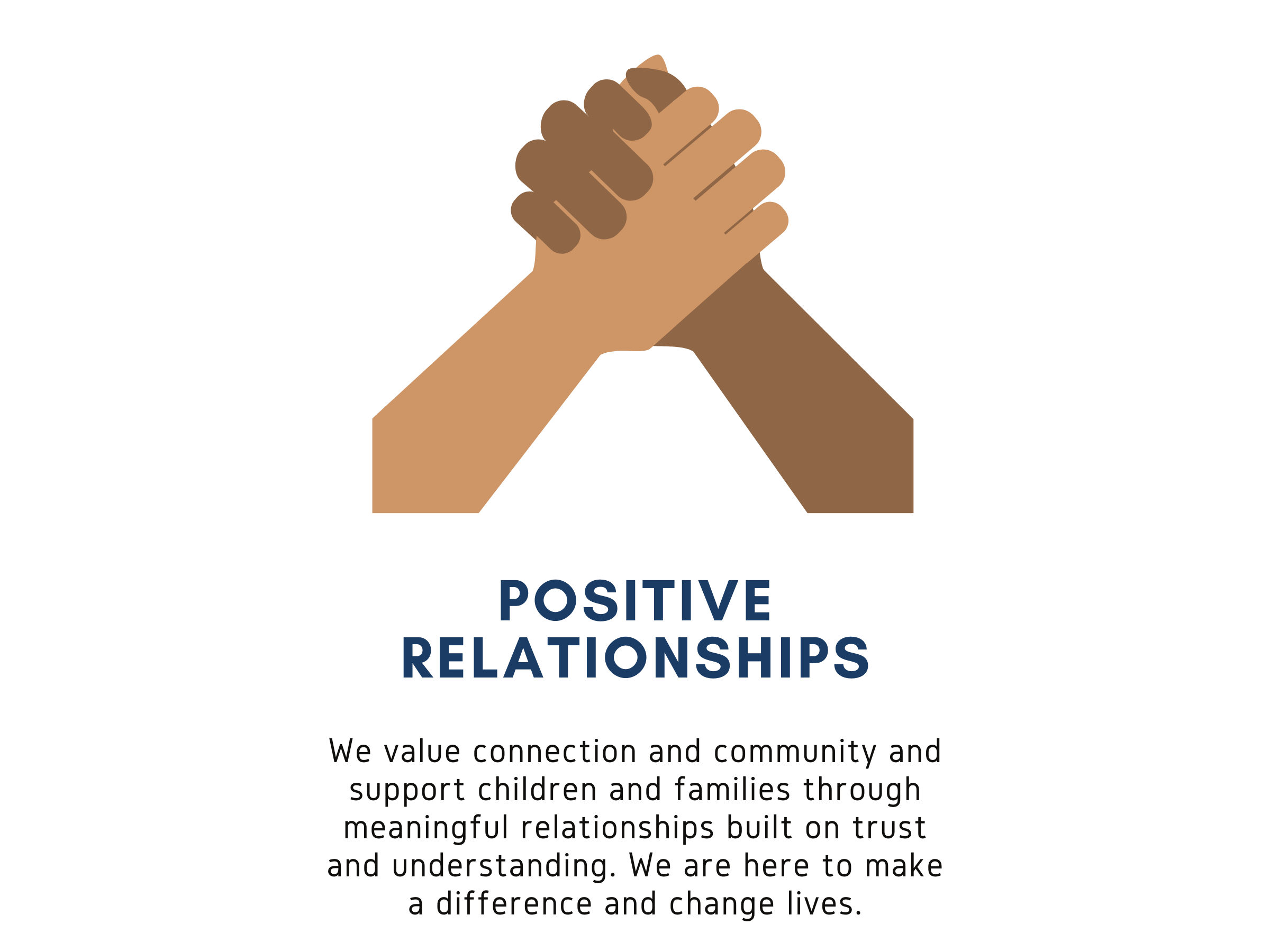
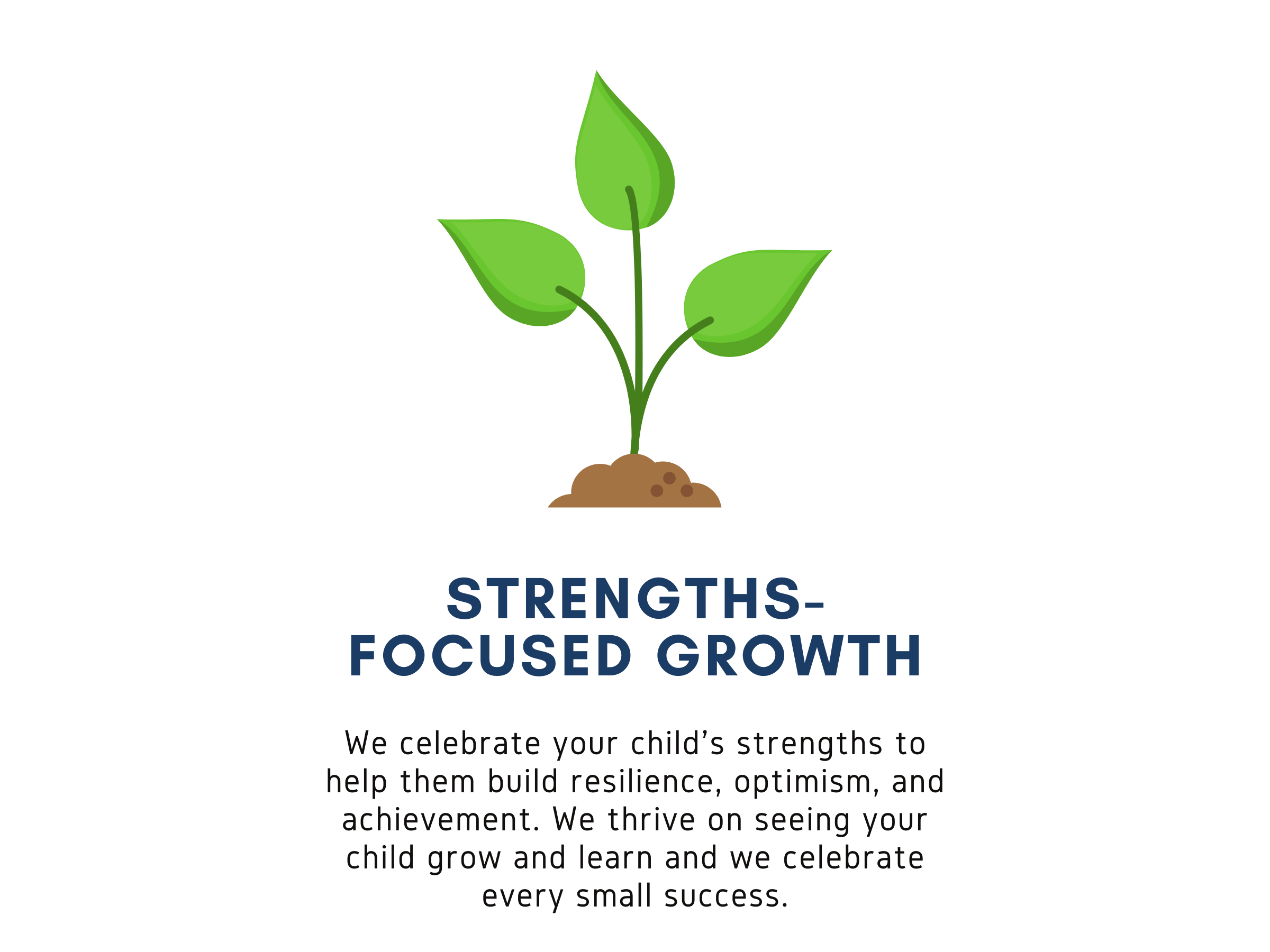
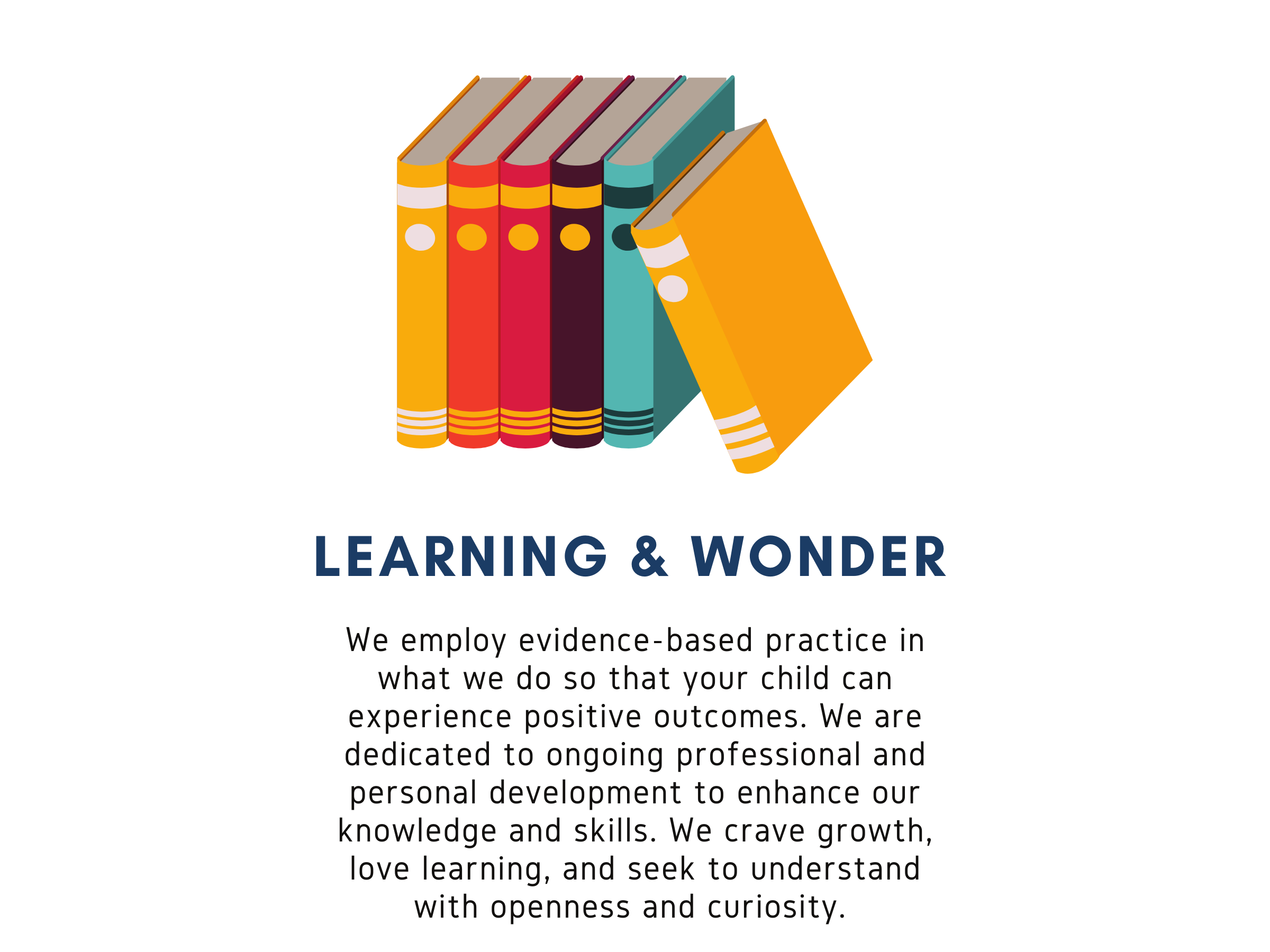
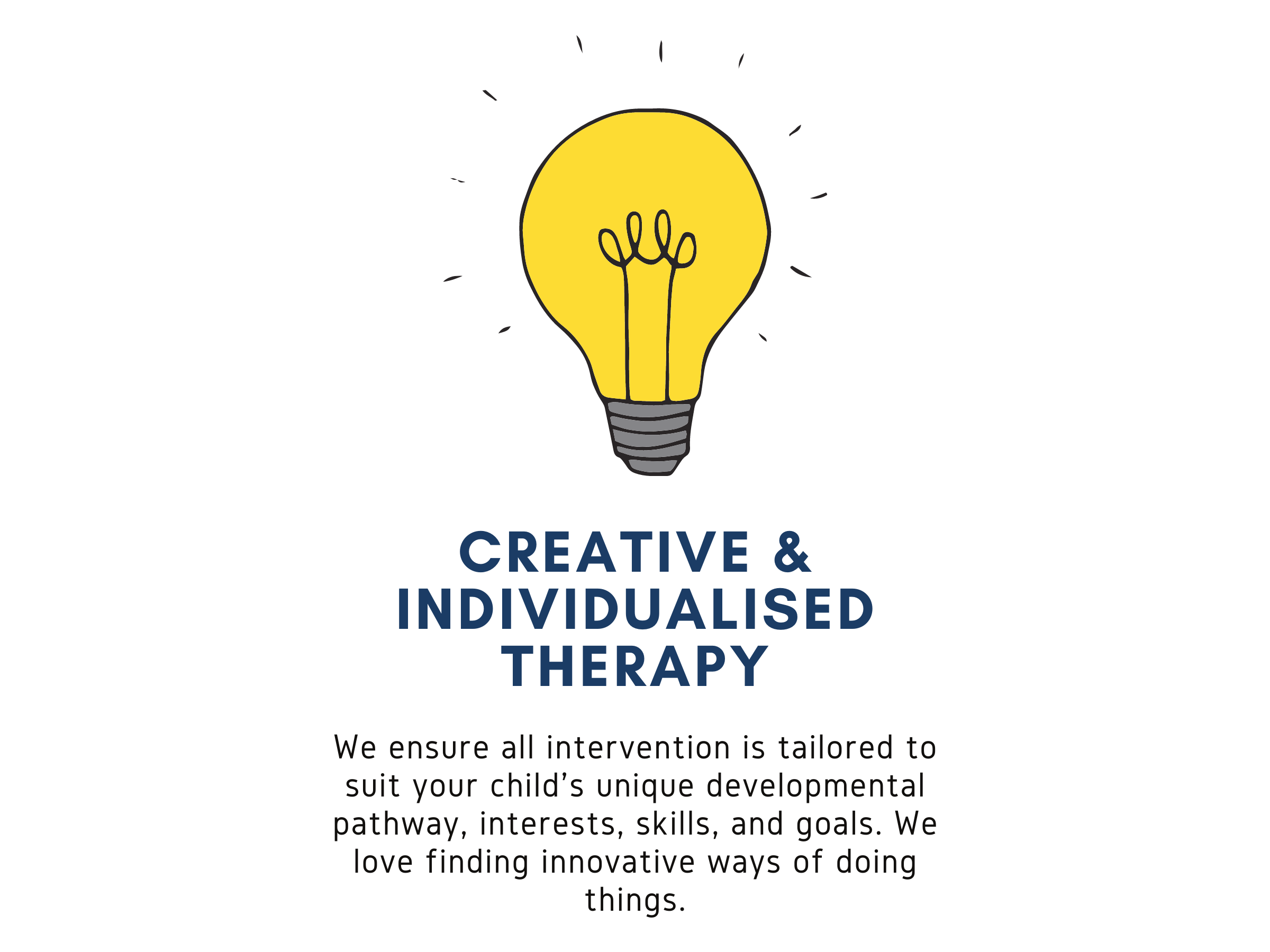
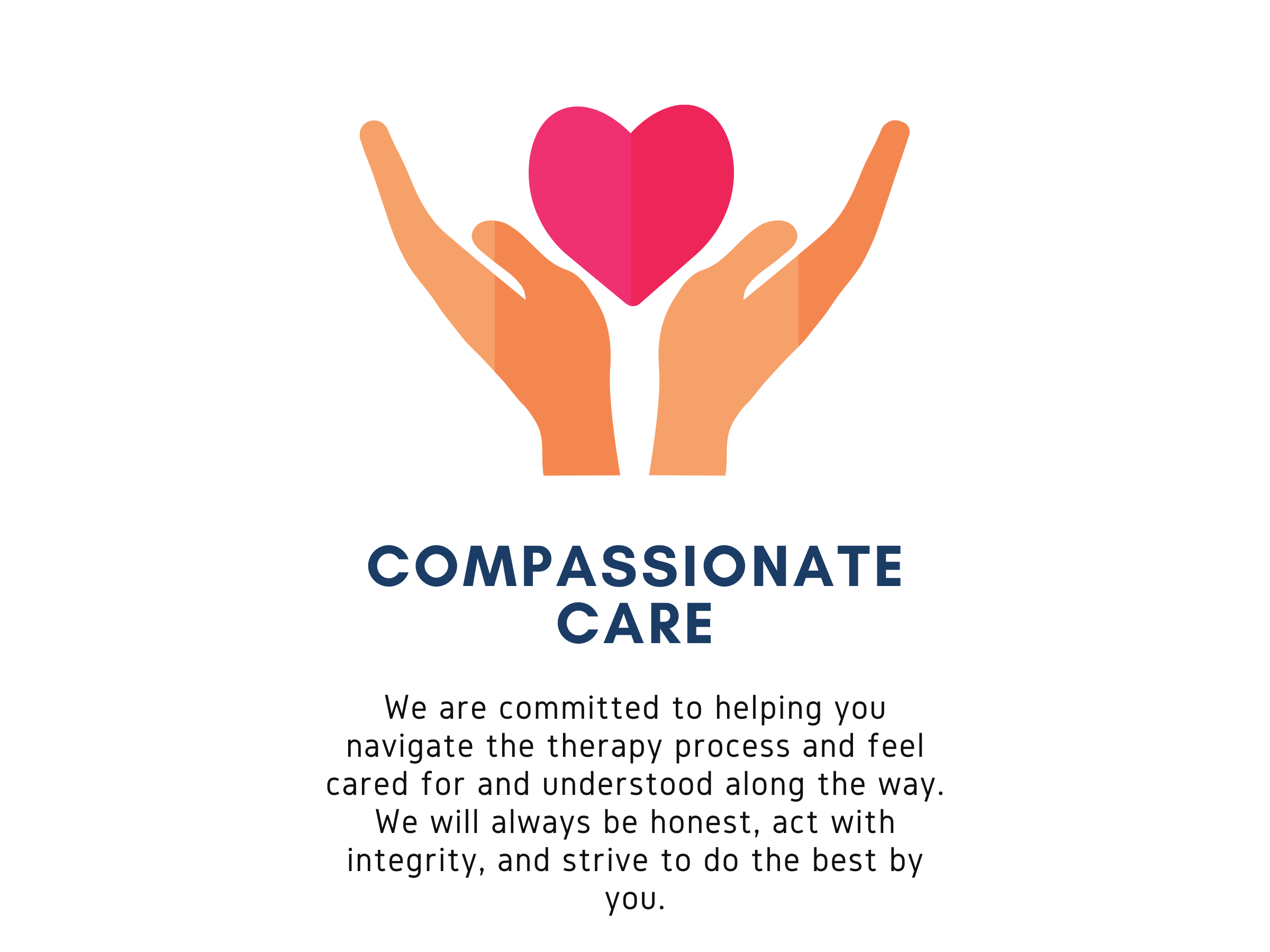
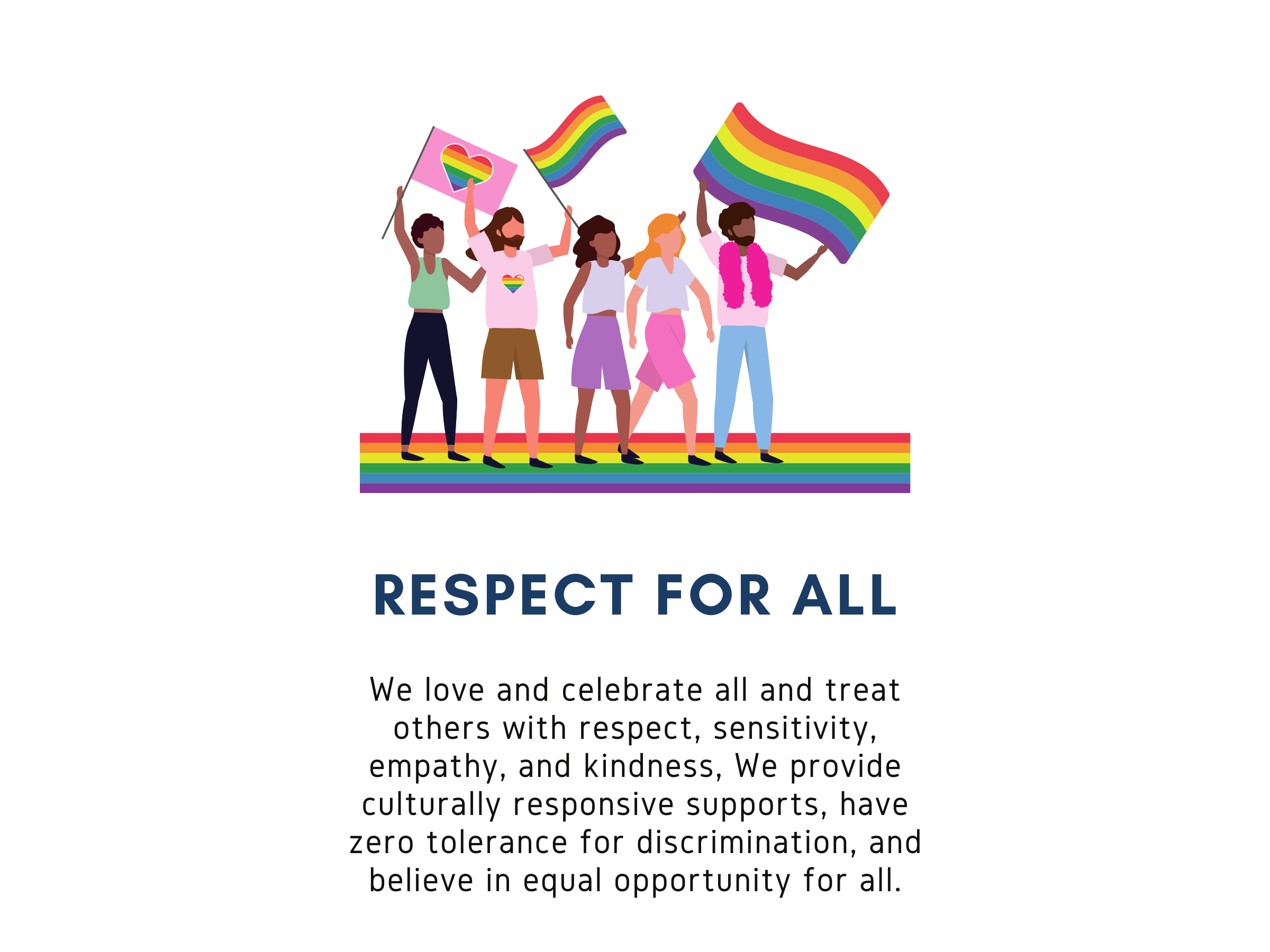
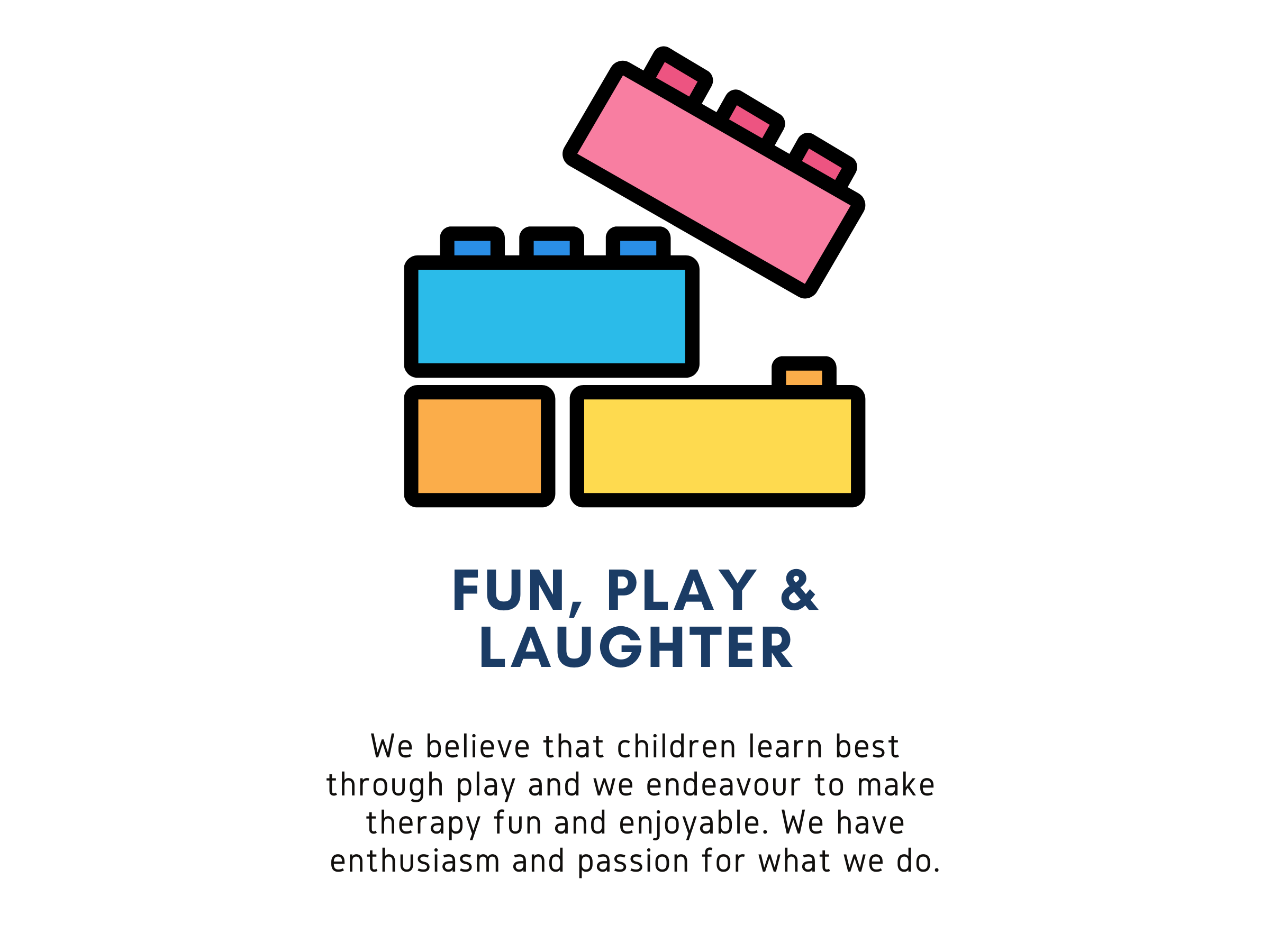
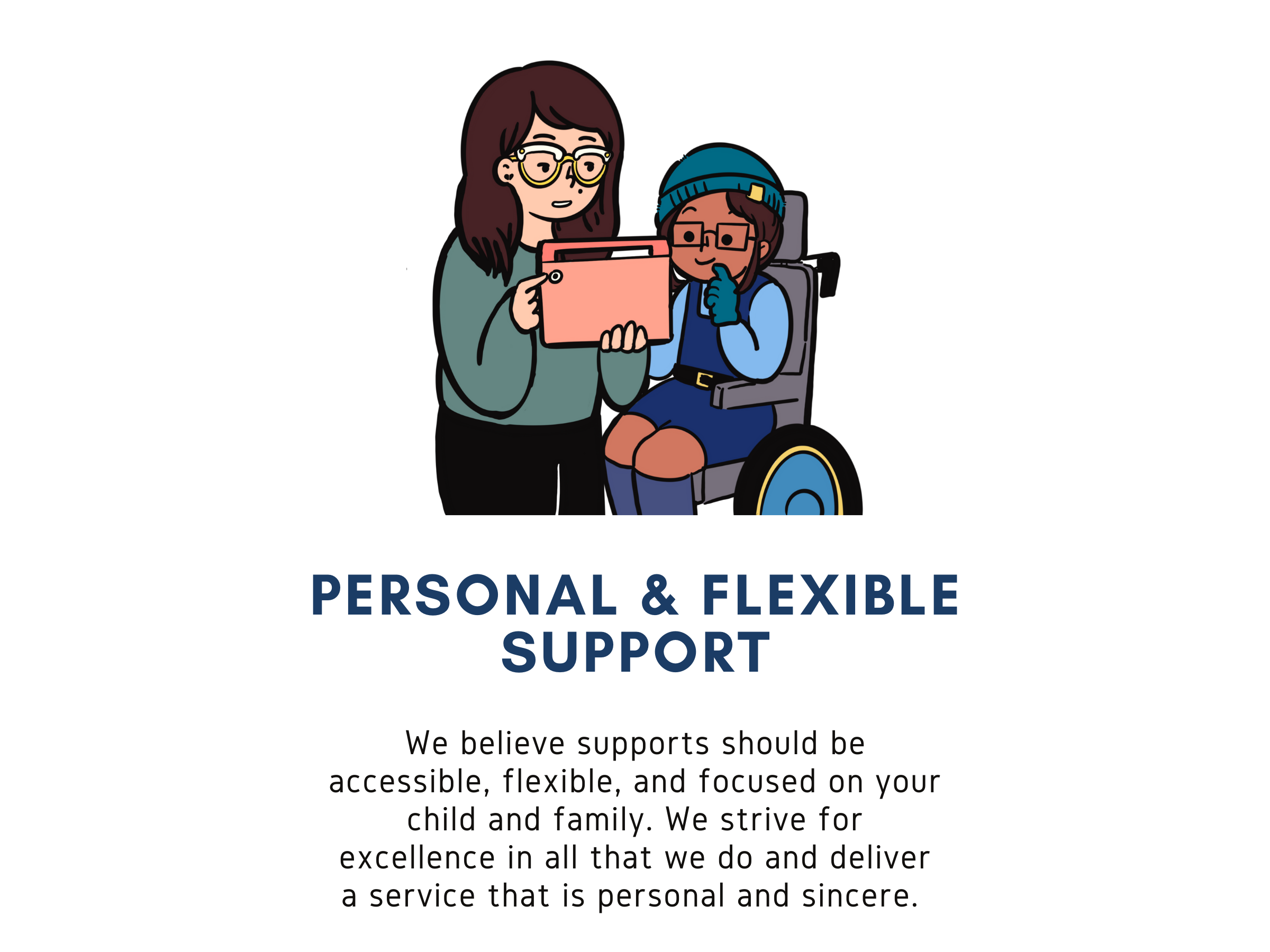
Neurodiversity-affirming therapy
What does it mean to be neurodiversity-affirming?
We value the diversity of brains in this world and the uniqueness of every person. We change lives, not people. After all, there is no one “right way” to function.
We are proudly a neurodivergent-led service, and approach our therapy with the understanding that Autism, dyslexia, ADHD, anxiety, intellectual disability, and other neurological differences aren’t problems to be “fixed,” but unique, individual neurotypes with their own strengths and challenges.
Having a diagnosis doesn’t necessarily mean a person needs therapy, and we take the time to get to know your child and understand their unique strengths, interests, support needs, preferences, goals, and values.
We work to stay informed and engaged in the neurodiversity movement and deepen our understanding of areas specific to the Autistic community. The lived experiences of neurodivergent people are an essential pillar in our approach to evidence-based practice and remain our highest consideration as we continuously learn, reflect, and build our practice.
Additionally, we acknowledge the intersectionality of this social justice movement and the additional systemic barriers and trauma faced by the LGBTQIA+ and BIPOC communities within the disability space. We provide respectful therapy that is culturally sensitive, gender-affirming, and advocates for transgender rights.
What does it look like in practice?
Our therapy is built on your child’s intrinsic motivation to learn and connect. We will always:
promote self-autonomy and self-determination
facilitate meaningful, authentic connection
presume potential and competence
respect all modes of communication
support your child’s emotional wellbeing
create a safe space for your child to be exactly who they are
nurture you child’s passions, interests, and hobbies
cultivate your child’s sense of identity
honour your child’s perspectives, thoughts, and feelings
provide barrier-free access to AAC
support sensory preferences and body autonomy
utilise a strengths-based approach
advocate for inclusion and understanding
listen to the communities we serve
We do not provide therapy that incorporates elements of applied behavioural analysis (ABA) or set goals that are neuronormative or encourage autistic masking, e.g., “social skills.”
Our approach is relationship-centred, not compliance-based, and is grounded in the social model of disability. That is, we understand disability as one part of an individual’s identity, similar to gender, sexuality, ethnicity, race, etc. We see disability as arising from a mismatch between the person and their environment, and we advocate to help make the spaces around your child more inclusive, safe, accessible, and nurturing of human diversity and difference.
Trauma-Informed Practice
What does it mean to be trauma-informed?
We listen to the lived experience of those experiencing or who have experienced mental distress and trauma. We use their insight to guide our therapy and embed trauma-informed principles into every session with our clients.
We understand how trauma impacts and changes the brain, especially with regard to learning and development. We foster a nurturing and caring relationship with clients and their families to facilitate regulation, connection, safety, and trust in all our interactions. This forms the foundation of all learning. We collaborate with you on your therapy journey, honour diversity, support autonomy, and act with transparency and honesty.
“Play builds the kind of free-and-easy, try-it-out, do-it-yourself character that our future needs.”
